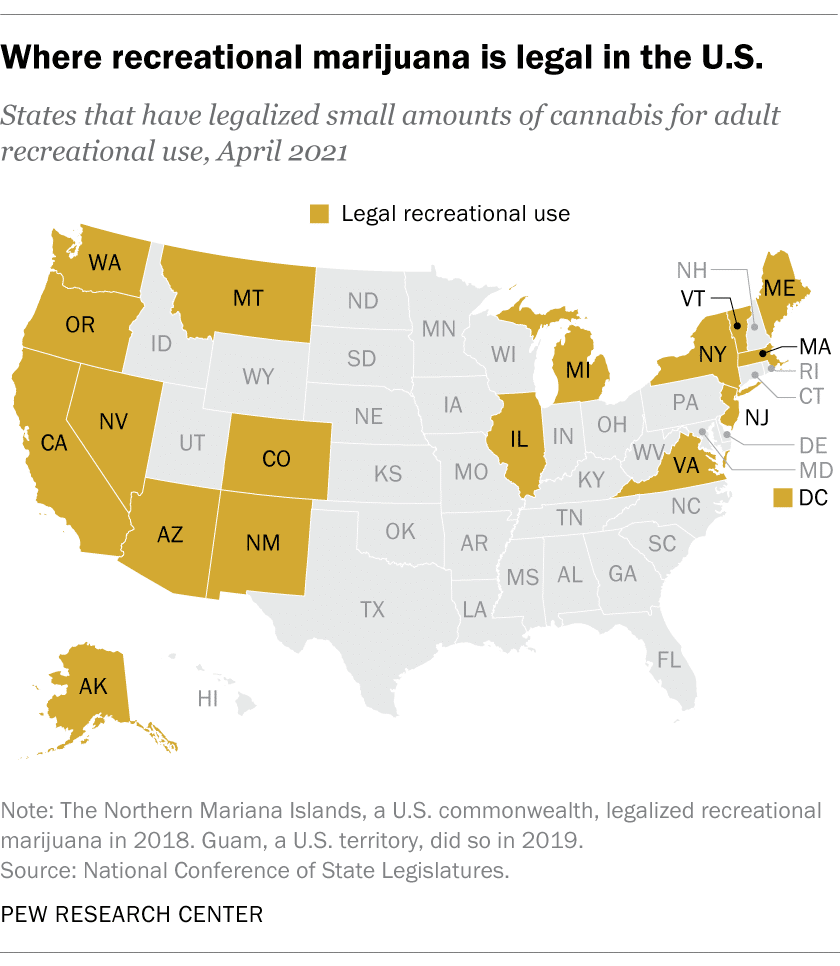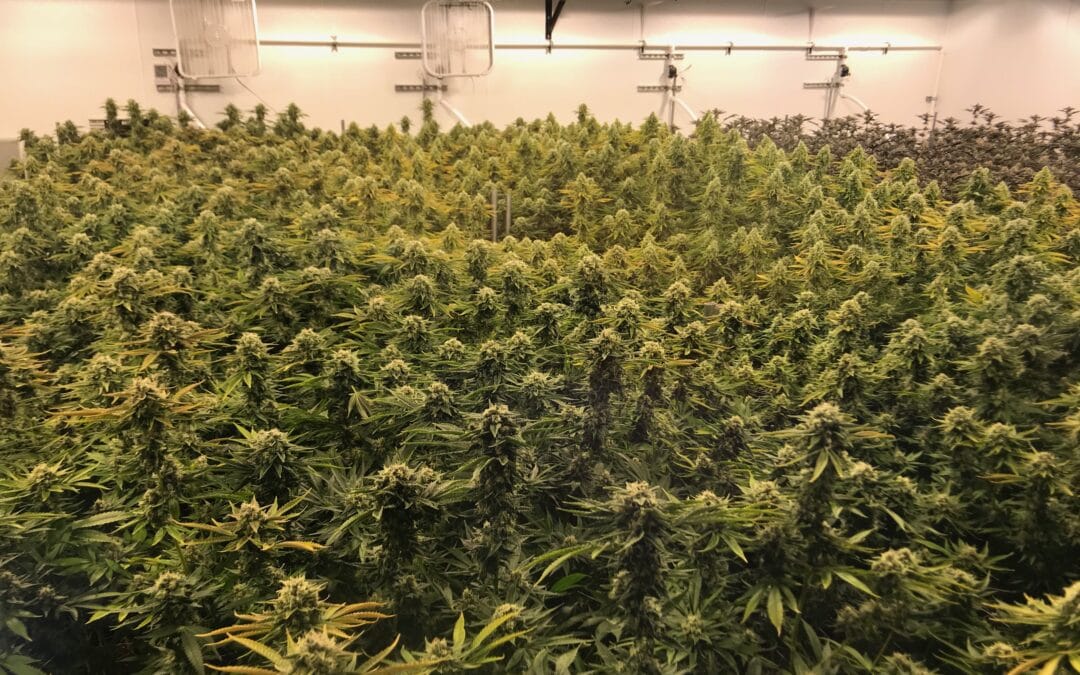
Illinois Cannabis Sales Smash Records, Surpass Alcohol
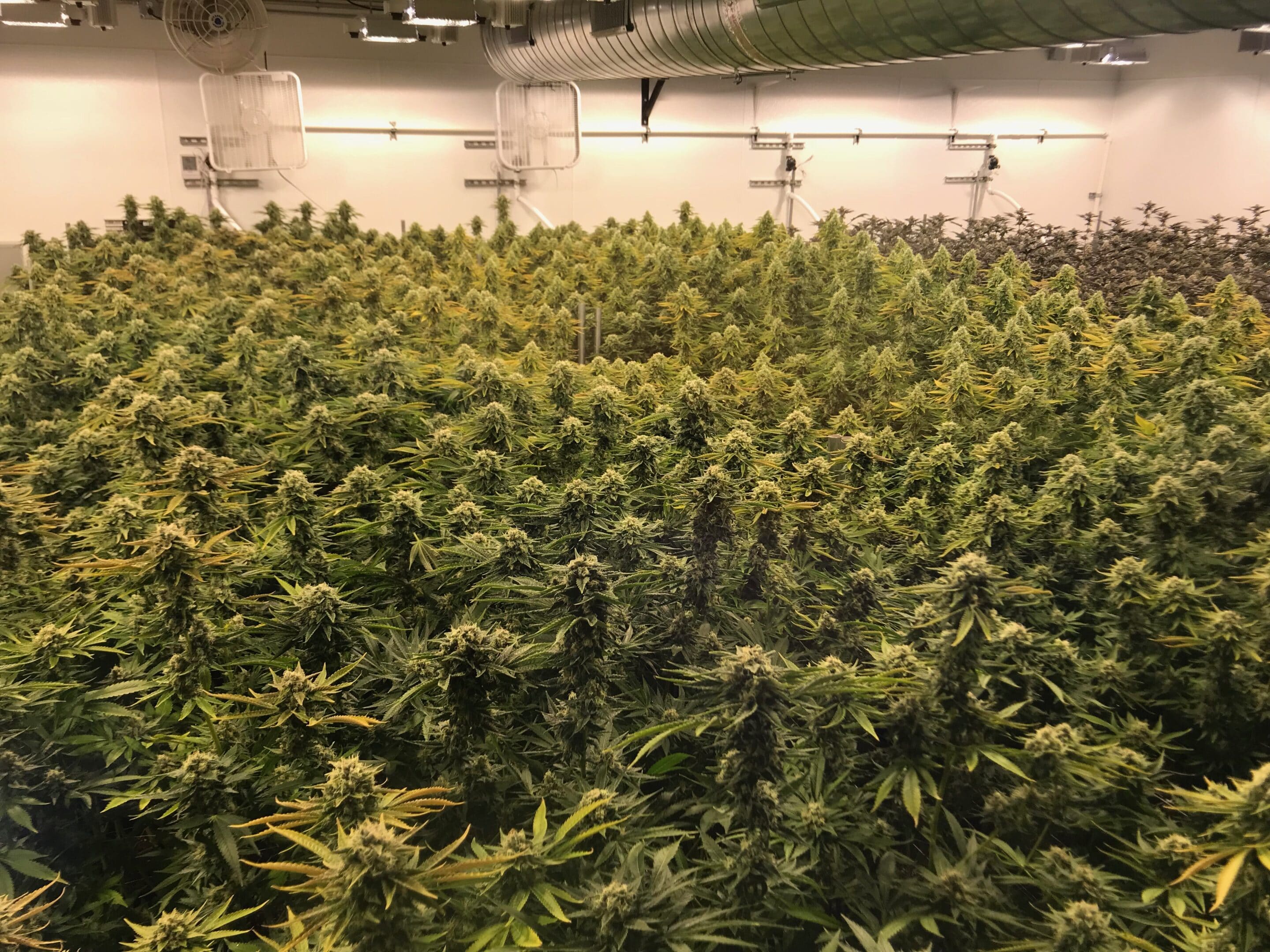
Legalized cannabis sales in Illinois continue to smash all sorts of records, with the state now exceeding $1 billion in recreational weed sales and setting a new record for sales in the month of April.
According to the latest data available from the state’s Department of Revenue, Illinois recorded nearly $115 million in sales in the month of April alone, the highest-grossing month since cannabis became legal last year.
By comparison, the state saw $37 million in sales during the month of April in 2020.
In all, Illinois has now racked up $1,064,750,968 in recreational cannabis sales since legalization took place. Of those sales, nearly $777 million were made to in-state residents, according to the Department of Revenue.
The state also set another remarkable record in the first quarter of 2021, with tax revenues for cannabis sales ($86 million) exceeding those of liquor ($72 million) for the first time ever, according to Newsweek.
If current trends continue, the state is expected to surpass $1 billion in sales during 2021, according to officials.

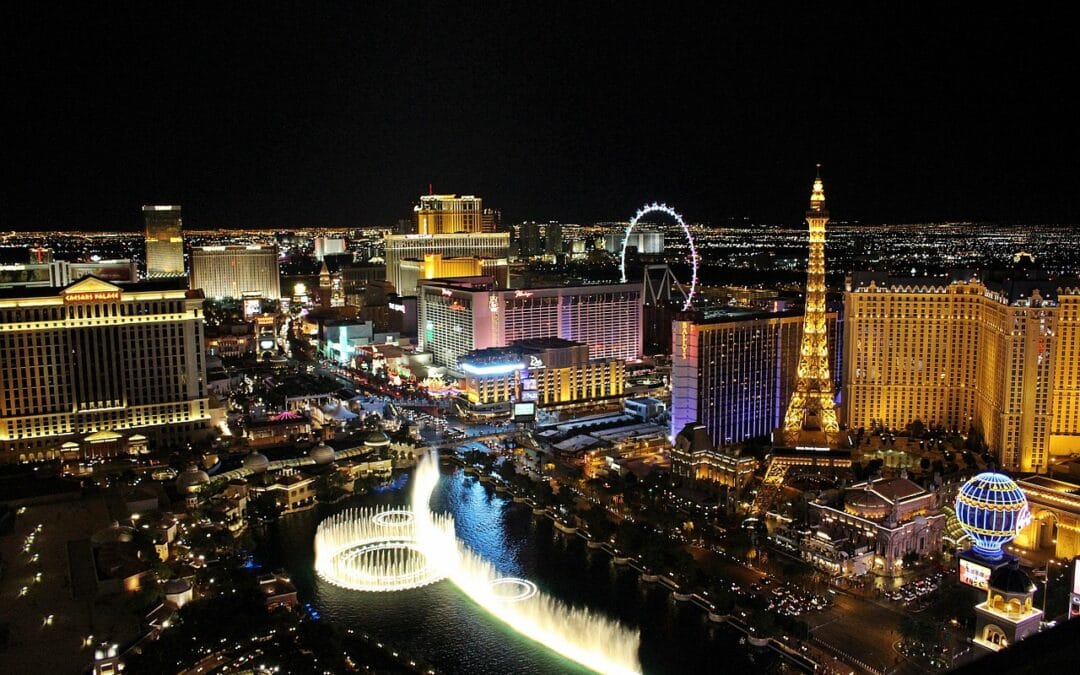
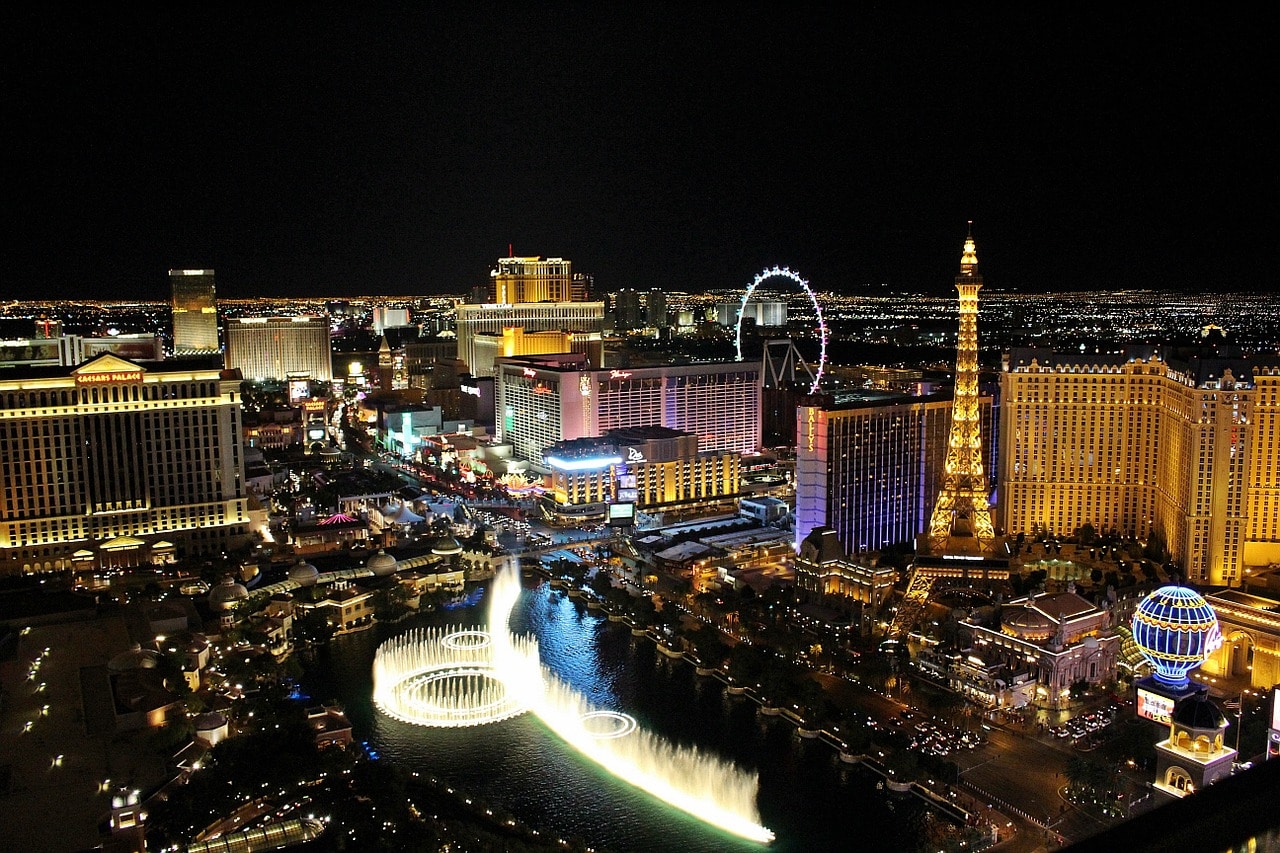

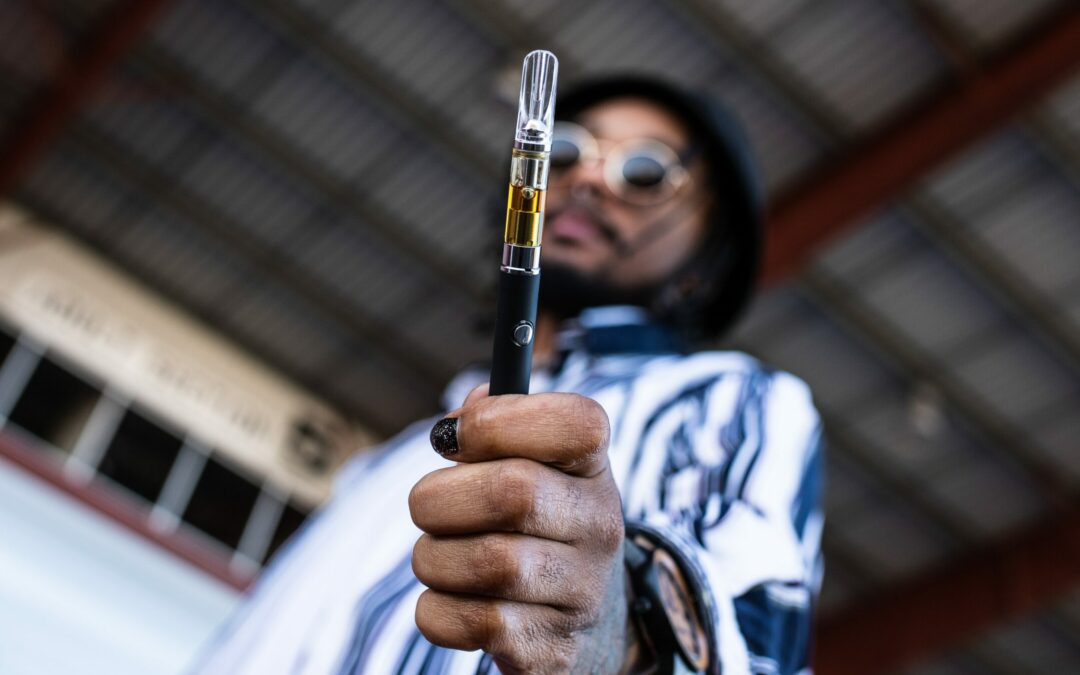
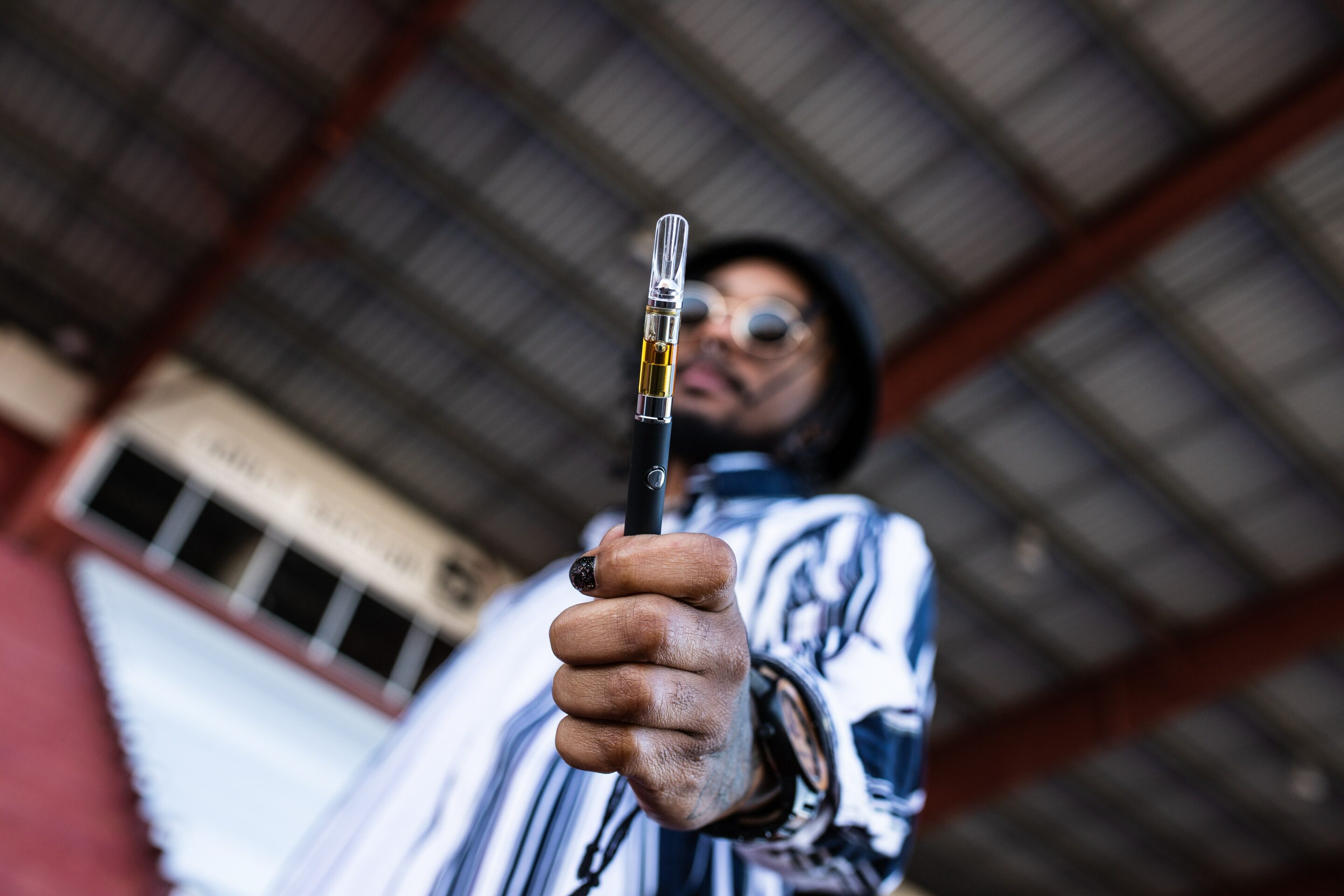
![6 Surprising Facts about Americans and Cannabis [Pew Research]](https://therealdirt.com/wp-content/uploads/2021/04/FT_21.04.20_MarijuanaFacts-840x675.png)
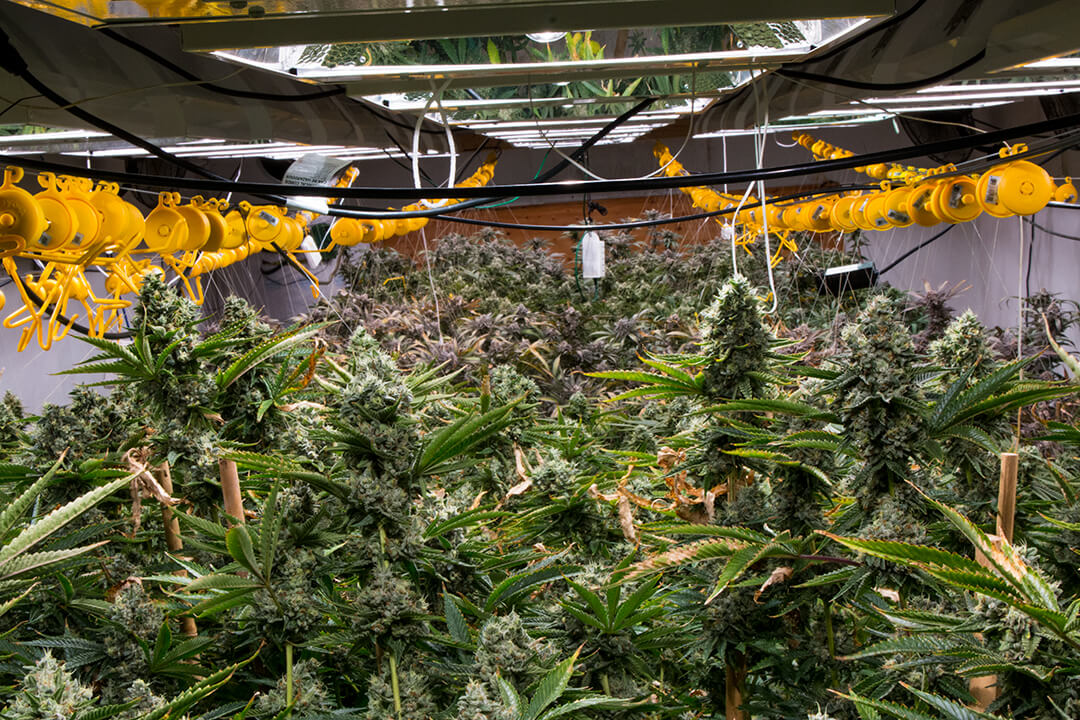
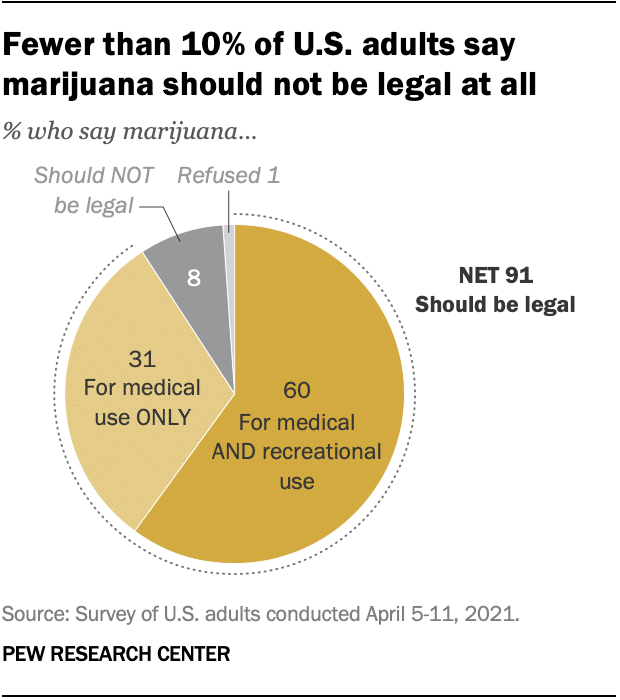
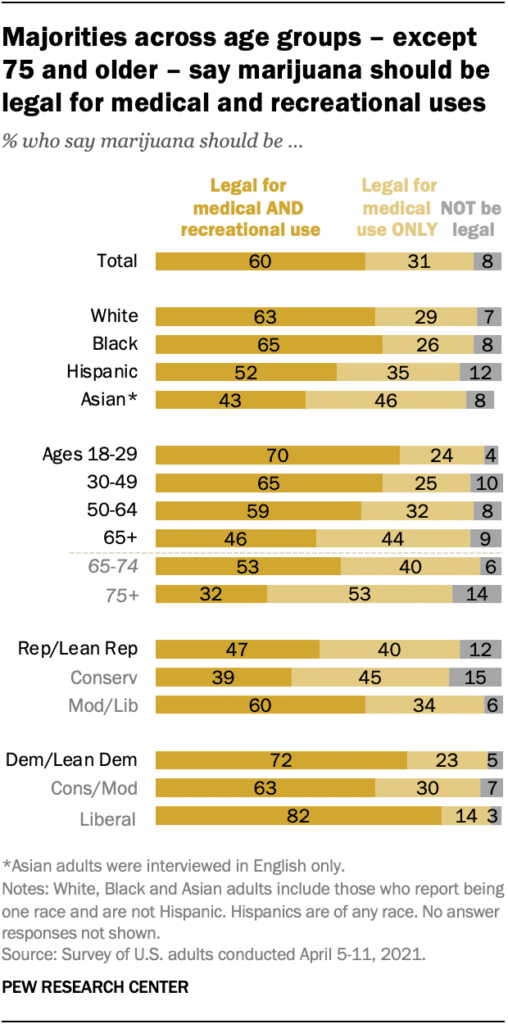 2. Public support for marijuana legalization differs widely by age and party.
2. Public support for marijuana legalization differs widely by age and party.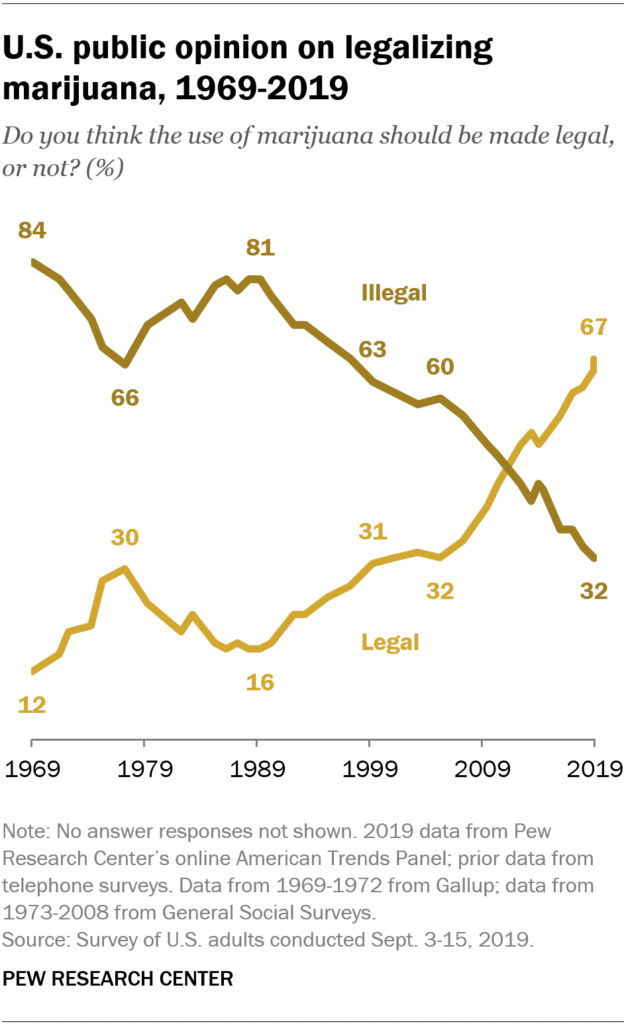 two decades.
two decades.